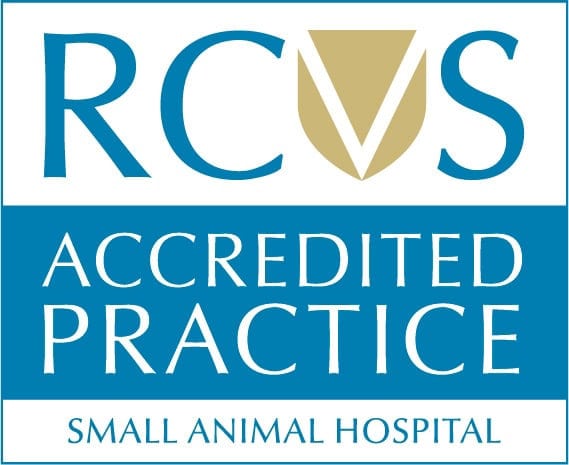About Us
ChesterGates Veterinary Specialists is a leading, multi-disciplinary veterinary referral hospital situated just north of Chester in the North West of England.
ChesterGates Veterinary Specialists
We cover a wide range of disciplines including neurology and neurosurgery, cardiology, oncology, internal medicine, soft tissue surgery, orthopaedics, physiotherapy, anaesthesia, diagnostic imaging, interventional radiology and ophthalmology. The hospital is staffed 24-hours a day by a truly superb team of qualified veterinary surgeons, veterinary nurses and support staff, all completely dedicated to their role meaning your pet is never left alone.
With a team of highly trained Specialists, advanced equipment and experienced nursing staff, we are equipped to handle a wide range of cases. Our priority is providing exceptional care to every patient we see, so you can rest assured that your pet is in good hands. We aim to provide the highest standards of medical and surgical care for pets, in a caring and compassionate environment.
Accreditations & Awards

RCVS Veterinary Hospital
This RCVS accreditation highlights that we fulfill all practice standard requirements and are well-equipped with facilities for investigating and treating more complex cases.
How to Find Us
Based in Chester, the hospital is conveniently located close to the motorway network (M53/M56) and therefore accessible from Wales, Northern England and the Midlands.
What3words ///speeds.split.nails
Our Address:
ChesterGates Veterinary Specialists
Units E & F, Telford Court
Gates Lane, Chester
Cheshire
CH1 6LT
Meet the Team
With over 100 highly skilled professionals, the team at ChesterGates Veterinary Specialists is led by internationally renowned Specialist veterinary surgeons, supported by residents, interns and registered veterinary nurses.
With Specialists in all disciplines able to treat patients under one roof, our staff are able to provide the highest quality care to small animals in the North West of the United Kingdom and beyond.
Pet Owners
Access all the information you need prior to your appointment and during your pet’s care. Find our location easily, and explore the wide range of services we offer.
Veterinary Professionals
The hospital is staffed 24 hours a day by a truly superb team of qualified veterinary surgeons, nurses and support staff, all committed to offer the best possible level of care to your pets.
Facilities
ChesterGates Veterinary Specialists has an extensive range of state-of-the-art equipment and modern facilities which provides our team with the very best environment to meet all the needs of your pet.
Services we offer
At ChesterGates we offer a wide range of specialist-led services to provide the highest level of care available.
